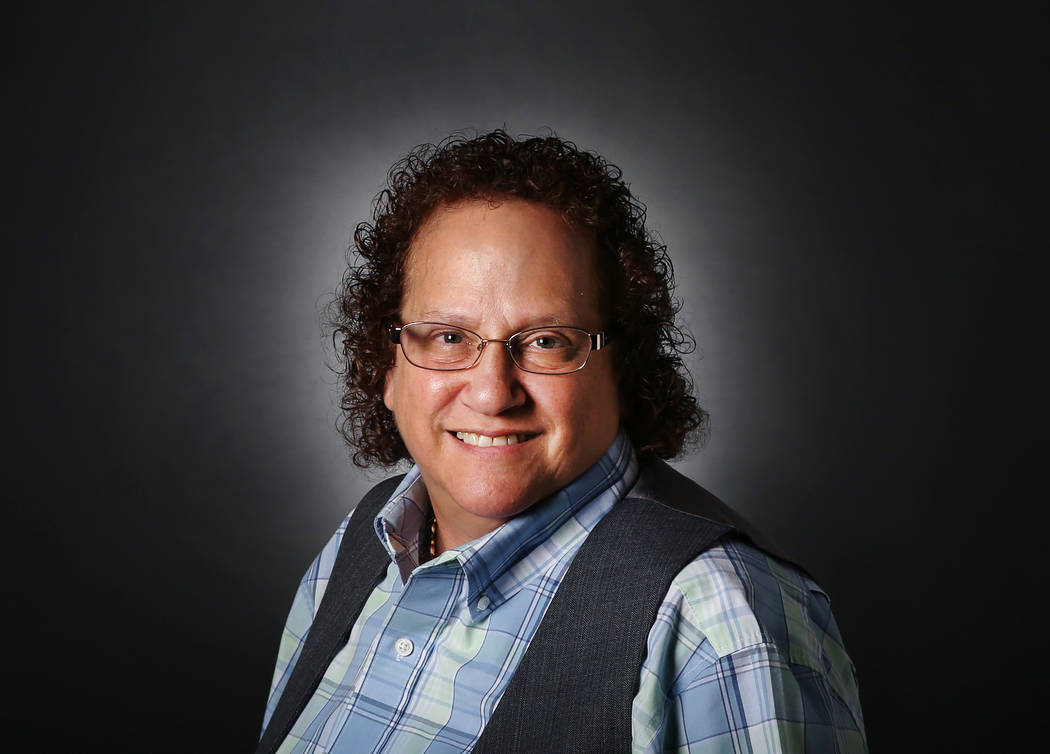A reserve study is a requirement for Nevada HOAs

Q: I am hoping you can answer a couple questions we have about a reserve study we just had done. Aren’t they just offering recommendations as what to do and when? Who exactly enforces these things or makes sure that they get done?
We are a small and old complex and simply cannot afford everything they are recommending, especially in the time frame they have listed.
To meet their recommend monthly deposit to the reserves, our monthly assessment would have to be two to three times what it currently is and, to put it bluntly, our residents simply couldn’t afford it as much as we wish they could.
We do try to stay on top of repairs and replacements, but the figures they mention would force everyone to leave! I realize that you do not handle individual problems as a rule but would appreciate any advise you could give.
A: Nevada Revised Statutes 116.3115 (2b) states that associations shall establish adequate reserves to be funded on a reasonable basis. This section of the law also states that associations may establish a funding plan that is designated to allocate the costs for the repair, replacement and restorations of the major components of the common elements over a period of years. The funding plan must be financially sound and must ensure that sufficient money is available when the repairs, replacements and restorations are necessary.
Simply stated, when you need to slurry your streets or paint your buildings, etc., you must have the funds when the work must be done.
The reserve study is more than recommendations, it is a requirement under NRS 116.31152 for associations to conduct reserve studies at least once every five years. Now, the study itself is based upon observation, maintenance history, life cycles and costs of the components of the association. Reserve studies estimate the future costs and calculate how much money over a period of time that must be acquired to pay for these future costs.
The association should contact their manager, CPA and reserve specialist to help determine with the board what priorities need to be established and develop a funding plan.
Q: Does the HOA management company, with the HOA board president, have the legal right to censor a homeowner from attending an HOA meeting via Skype, WhatsApp, etc., by stating they are “uncomfortable” bringing that homeowner’s inexpensive cellphone to the meeting because they don’t want to be responsible for it? That homeowner has told the management company that she has insurance for that phone. She has documented and declared the management company is not responsible if the phone is lost or stolen it will be replaced through insurance. In other words, are there state laws that don’t allow the management company to censor a homeowner from attending a meeting with current technology cellphone applications?
A: There is only one section in NRS 116 that even comes anywhere close to the answering your question.
NRS 116.3108 (9) states that a homeowner may record on audiotape or any other means of sound reproduction a meeting of the units’ owners, if before the recording of the meeting, the homeowner provides notice of his or her intent to record the meeting to the other owners who are in attendance at the meeting.
Homeowners can audiotape a meeting but cannot video the meeting. It truly is not the responsibility of the association. Homeowners have the right to obtain both a written copy or audio copy of the minutes.
Q: We live in a townhouse association. The HOA is responsible for all landscaping. Our backyard grass has been dead or dying for several years. The board continues to say they are working on it, but so far nothing has occurred. Even now, we hear that the Southern Nevada Water Authority is increasing its rebate program to $3 per square foot to replace grass with desert landscaping. The state of our backyards is definitely a drawback to buyers and depresses our property values. What can be done to force the board to uphold its duty to maintain the landscaping and to even take advantage of the SNWA offer at this time?
A: Please contact your community manager or board members. One of the conditions to take advantage of the SNWA rebate program is to let the grass die. Find out what our the association’s landscape plans.
Q: Our HOA puts out a newsletter and would like to charge for vendors to place an ad. Because we are a nonprofit is this allowed? Our residents can place items for sale for free
A: Yes, you can, but please note it would be considered taxable income by your CPA and Uncle Sam.
Barbara Holland is a certified property manager, broker and supervisory certified association manager. Questions may be sent to holland744o@gmail.com.